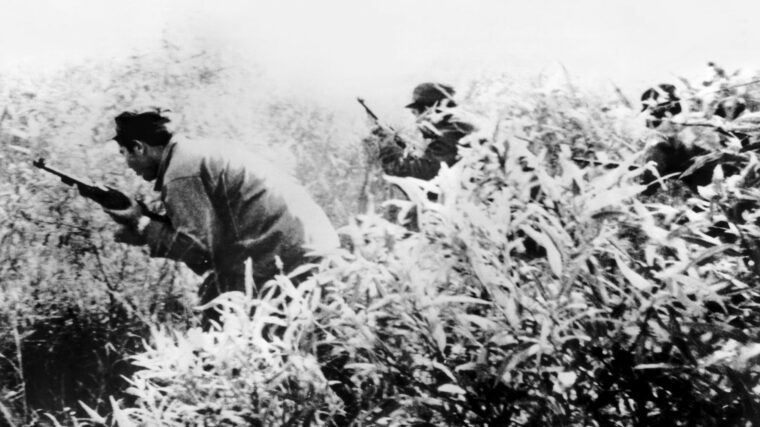
Military History
Fiasco at the Bay of Pigs
By Peter KrossOn the morning of April 18, 1961, readers of the New York Times awoke to a startling headline: “Anti-Castro Units Land in Cuba; Report Fighting at Beachhead; Rusk Says U.S. Read more
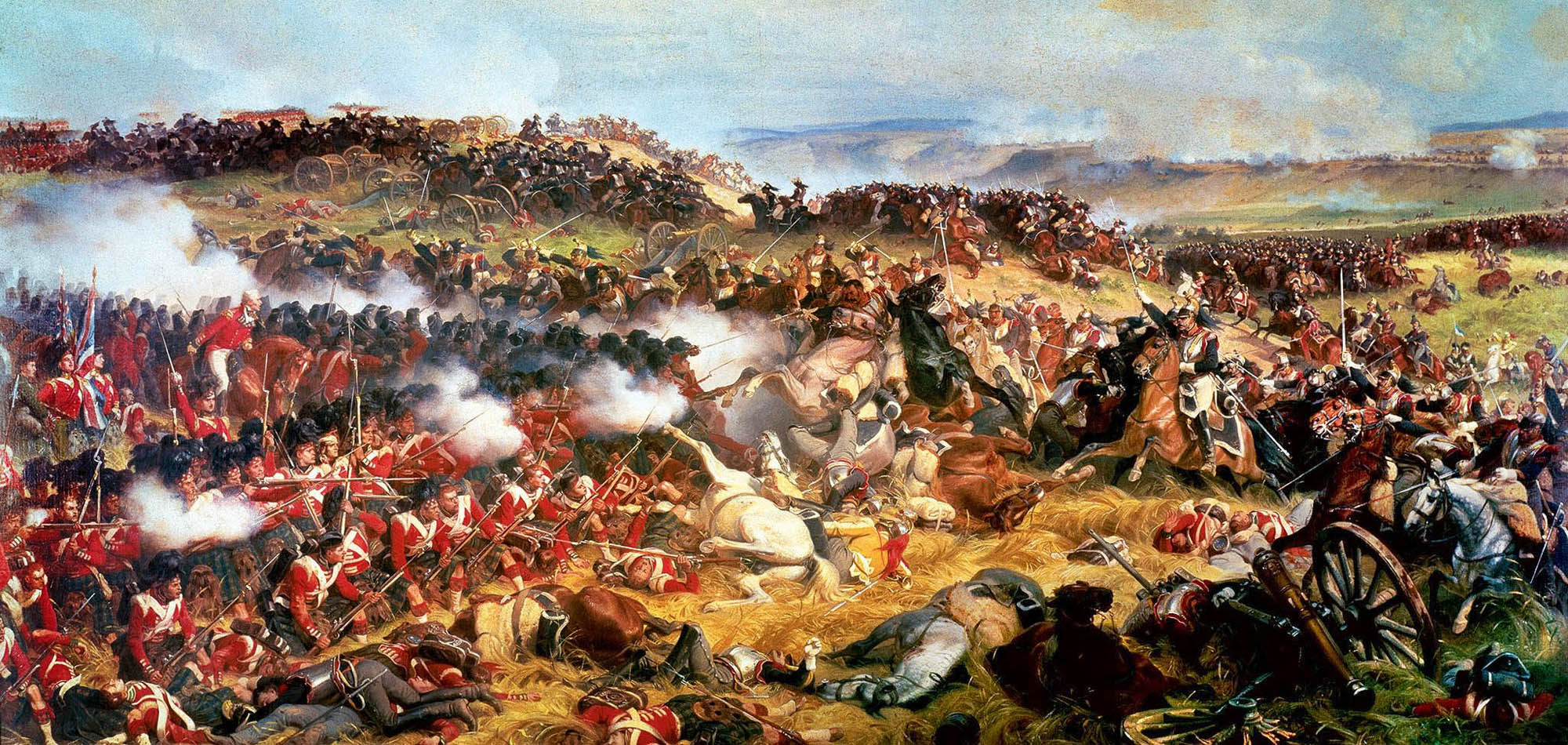

Military History
On the morning of April 18, 1961, readers of the New York Times awoke to a startling headline: “Anti-Castro Units Land in Cuba; Report Fighting at Beachhead; Rusk Says U.S. Read more
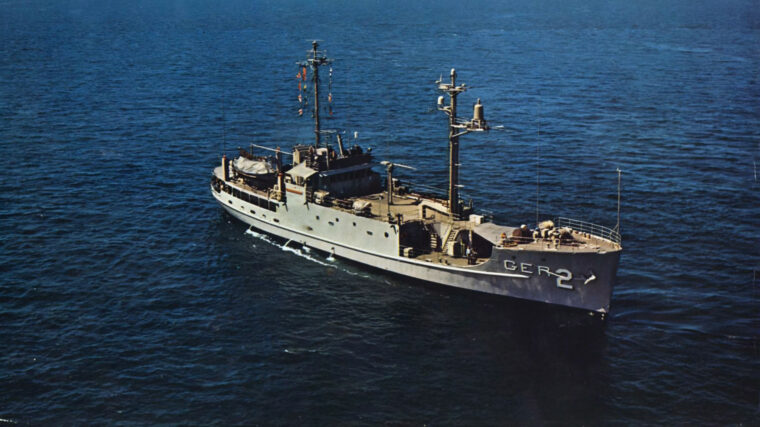
Military History
The humiliating seizure of the American spy ship Pueblo on January 23, 1968, by North Korean gunboats proved both an enormous intelligence setback and a searing indictment of America’s Cold War policy. Read more
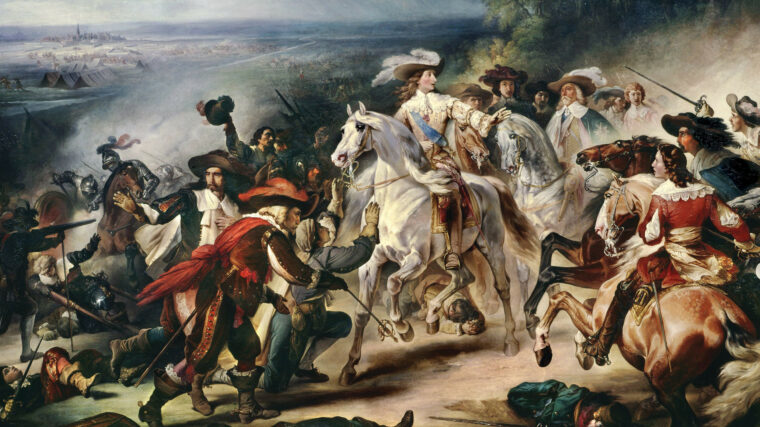
Military History
Five hundred Spanish musketeers filed into the dim forest on the southern edge of a wooded plain south of the border fort at Rocroi, France, at dusk on May 18, 1643. Read more
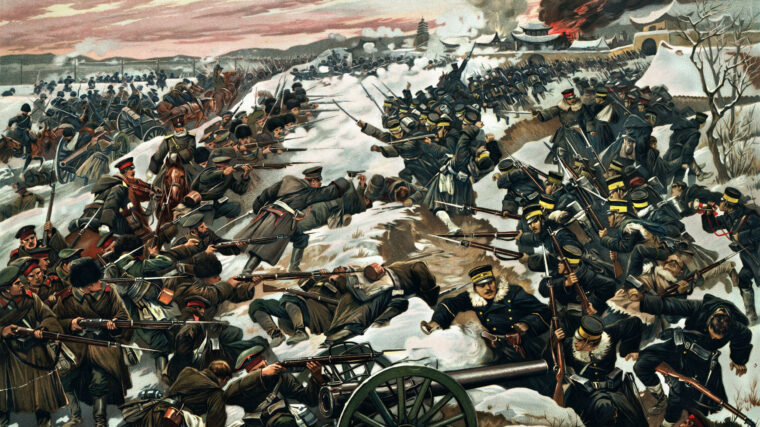
Military History
January and February 1905 were critical months for both the Russian and Japanese empires, which were locked in a war over East Asia that neither of them could sustain. Read more
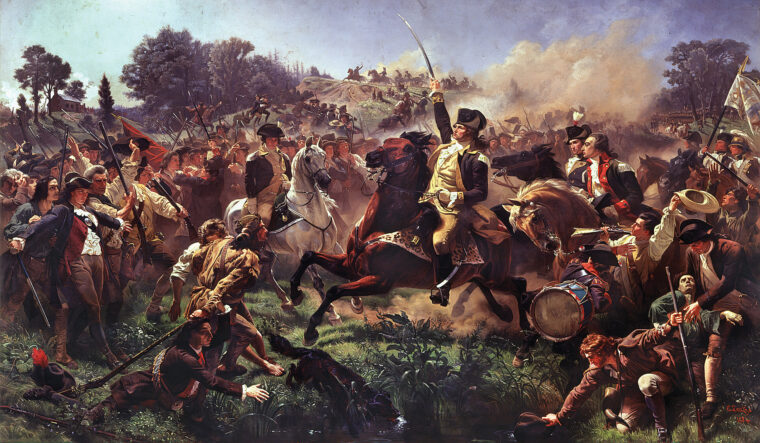
Military History
On June 19, 1778, Continental soldiers marched out of Valley Forge, happy to leave the rough wooden cabins where they had spent a miserable winter; cold, hunger, and disease had been their constant companions. Read more
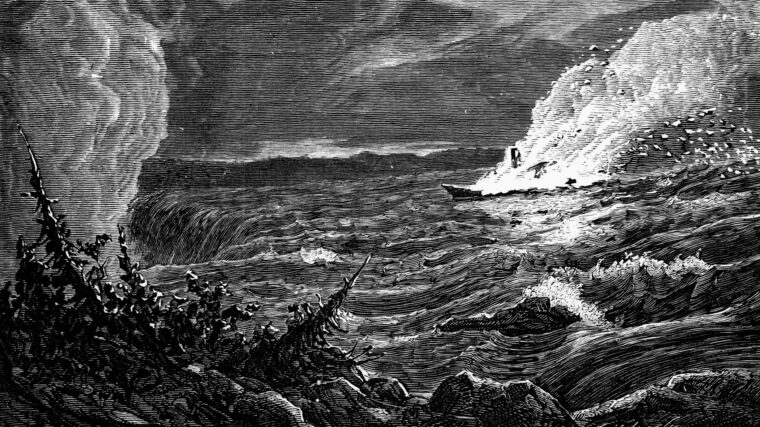
Military History
In December 1837, 400 men armed with muskets, pitchforks, and staves marched against the city of Toronto and the British government. Read more
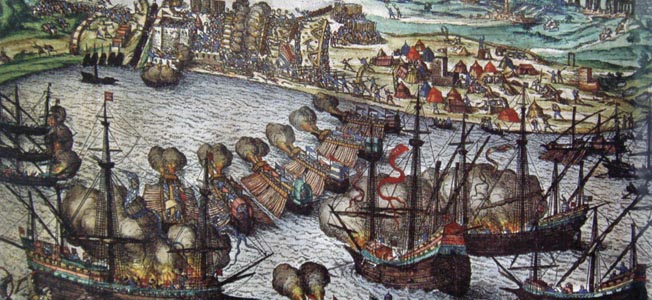
Military History
In the late summer 1541, 40 warships appeared off the shores of Sardinia, part of a grand armada gathered by Charles the V of Spain, Holy Roman Emperor. Read more
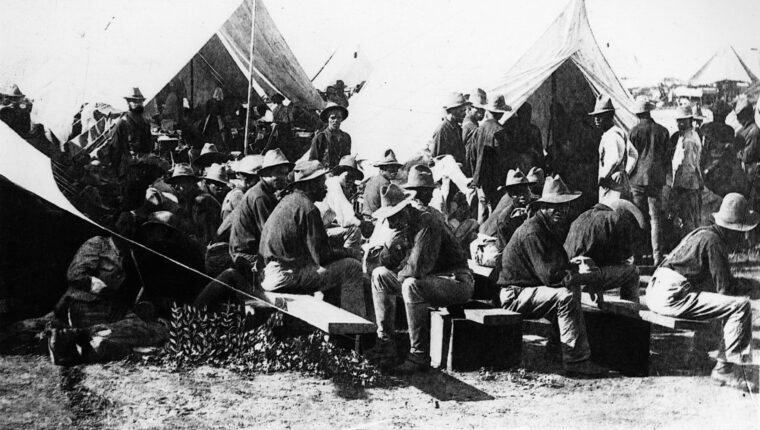
Military History
The khaki-clad soldiers wounded in the steaming jungles of Cuba during the Spanish-American War had distinct advantages over their Civil War brethren. Read more
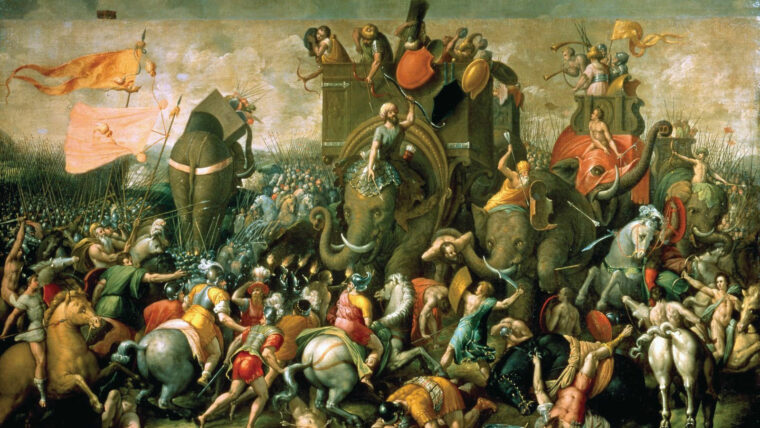
Military History
Imagine a time when human knowledge of elephants was not widespread. Just think how threatening these large animals would be coming over a hillside or out of a mist during battle. Read more
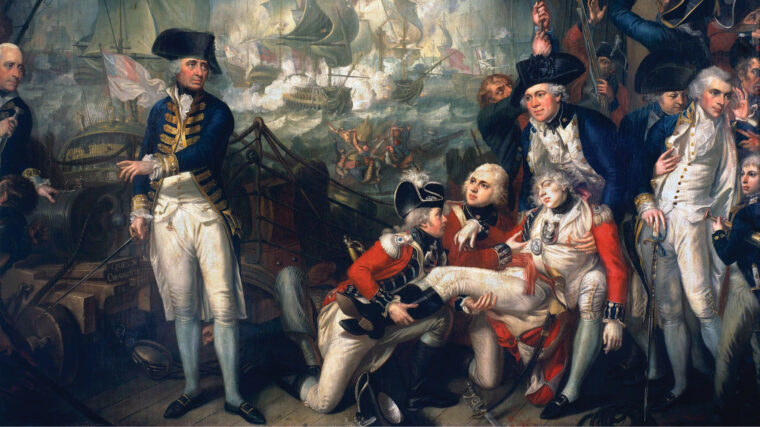
Military History
British Admiral Lord Richard Howe, standing on the quarterdeck of his 100-gun ship of the line Queen Charlotte, snapped his signal book shut on the morning of June 1, 1794. Read more
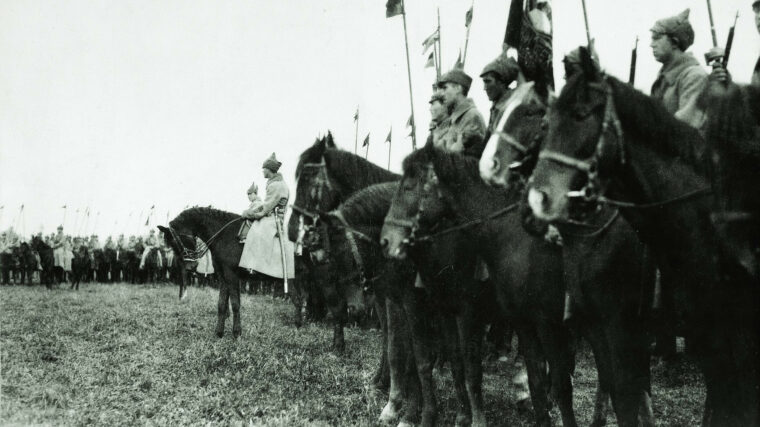
Military History
The Russo-Polish War of 1919-1920 was the most portentous event facing post-Versailles Europe. It was not just the continuation of a centuries-long contest between Russia and Poland to determine which would dominate eastern Europe, but a struggle involving a new ideology—communism—which the Bolshevik regime in Moscow had to spread throughout the Continent to survive. Read more
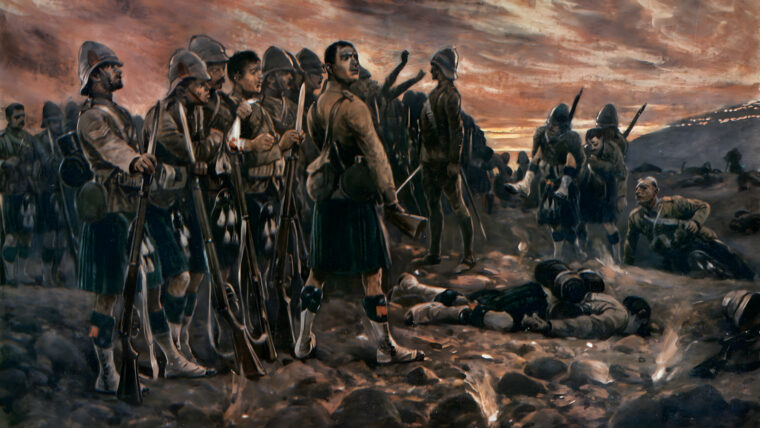
Military History
During the third week in November 1899, British forces under the overall command of General Sir Redvers Buller were marching northward across South Africa’s Orange Free State in a campaign to relieve the strategically vital railroad center of Kimberley. Read more
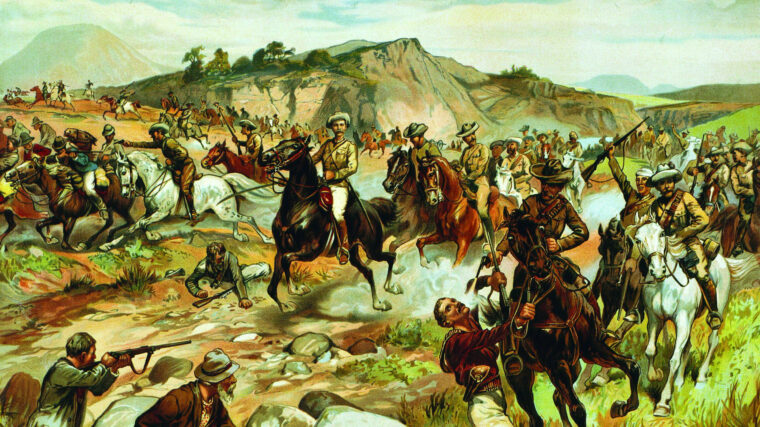
Military History
During the infamous Black Week of December 1899, the proud British Army suffered three consecutive bloody defeats in southern Africa. Read more

Military History
Throughout the history of warfare, there have been targets that have been notably reluctant to fall. One such highly resistant target was the Thanh Hoa Railroad and Highway Bridge spanning the Song Ma River three miles northeast of Thanh Hoa, the capital of Annam Province in North Vietnam. Read more
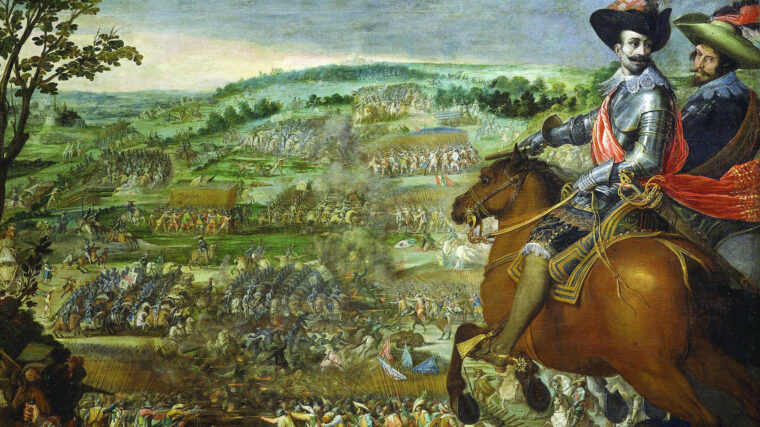
Military History
As the year 1622 dawned over Germany, things appeared bleak for the refugee “Winter King” of Bohemia, Elector Palatine Frederick V. Read more
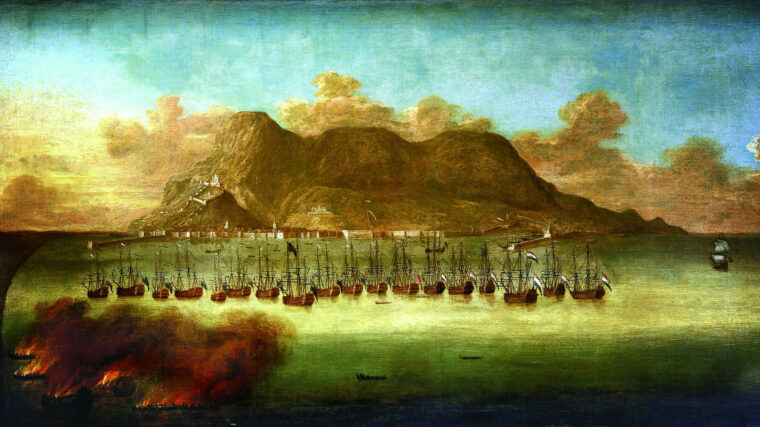
Military History
As Spanish king Charles II lay dying in Madrid in the autumn of 1700, worried diplomats in other European capitals brooded day and night over who would succeed the childless monarch. Read more
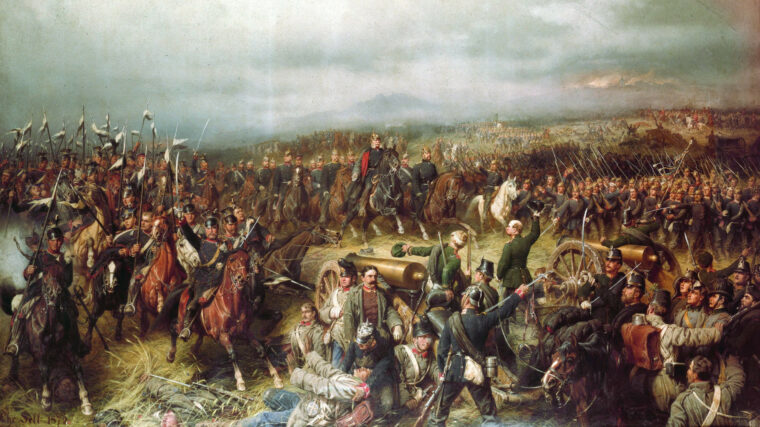
Military History
The Prussian soldiers had been awake long before sunup on the morning of July 3, 1866, and were marching downhill to the Bystrice River in the rolling countryside of Bohemia, 65 miles east of Prague. Read more
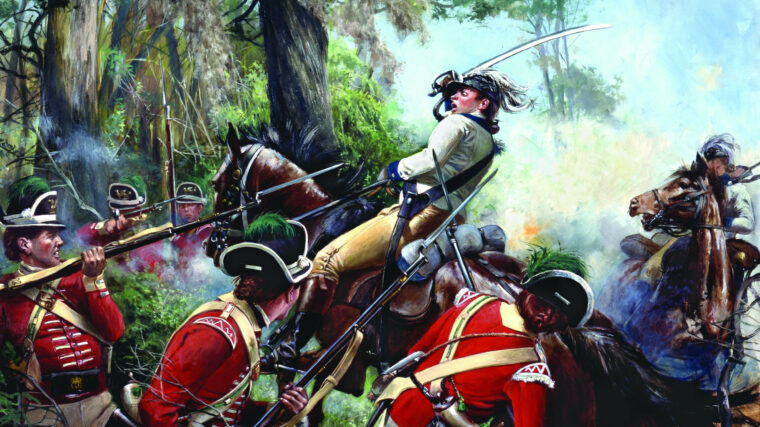
Military History
In the early morning hours of September 8, 1781, drums rolled and fifes played in Maj. Gen. Nathanael Greene’s camp in the High Hills of southeastern South Carolina. Read more
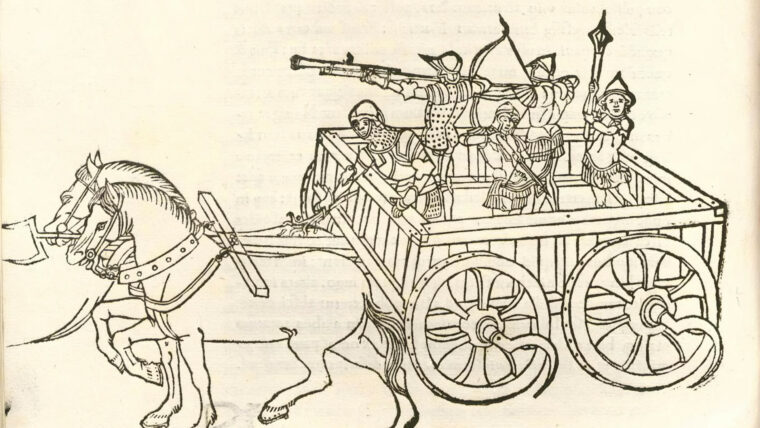
Military History
The Hussites, all but forgotten today, were a 15th-century sect of religious reformers, forerunners of the Protestant Reformation that was to come a century later. Read more
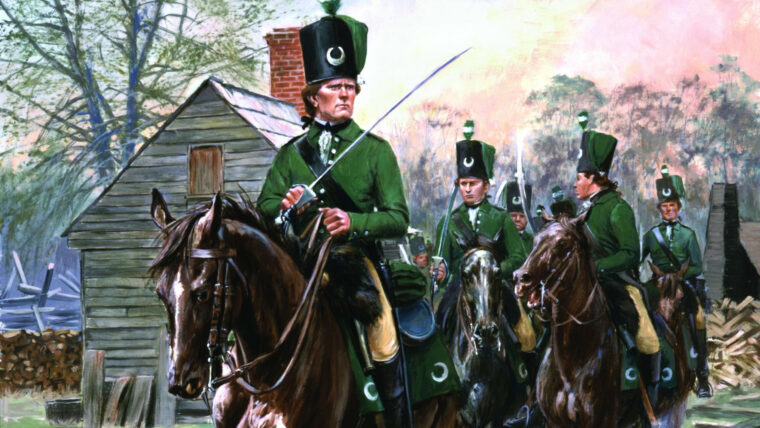
Military History
British Army officer John Graves Simcoe wanted to command a corps of irregular troops. He believed that there were opportunities in “the service of a partisan” that taught a man habits of self-dependence and prompt decision making rarely found in the duties of a subordinate officer. Read more